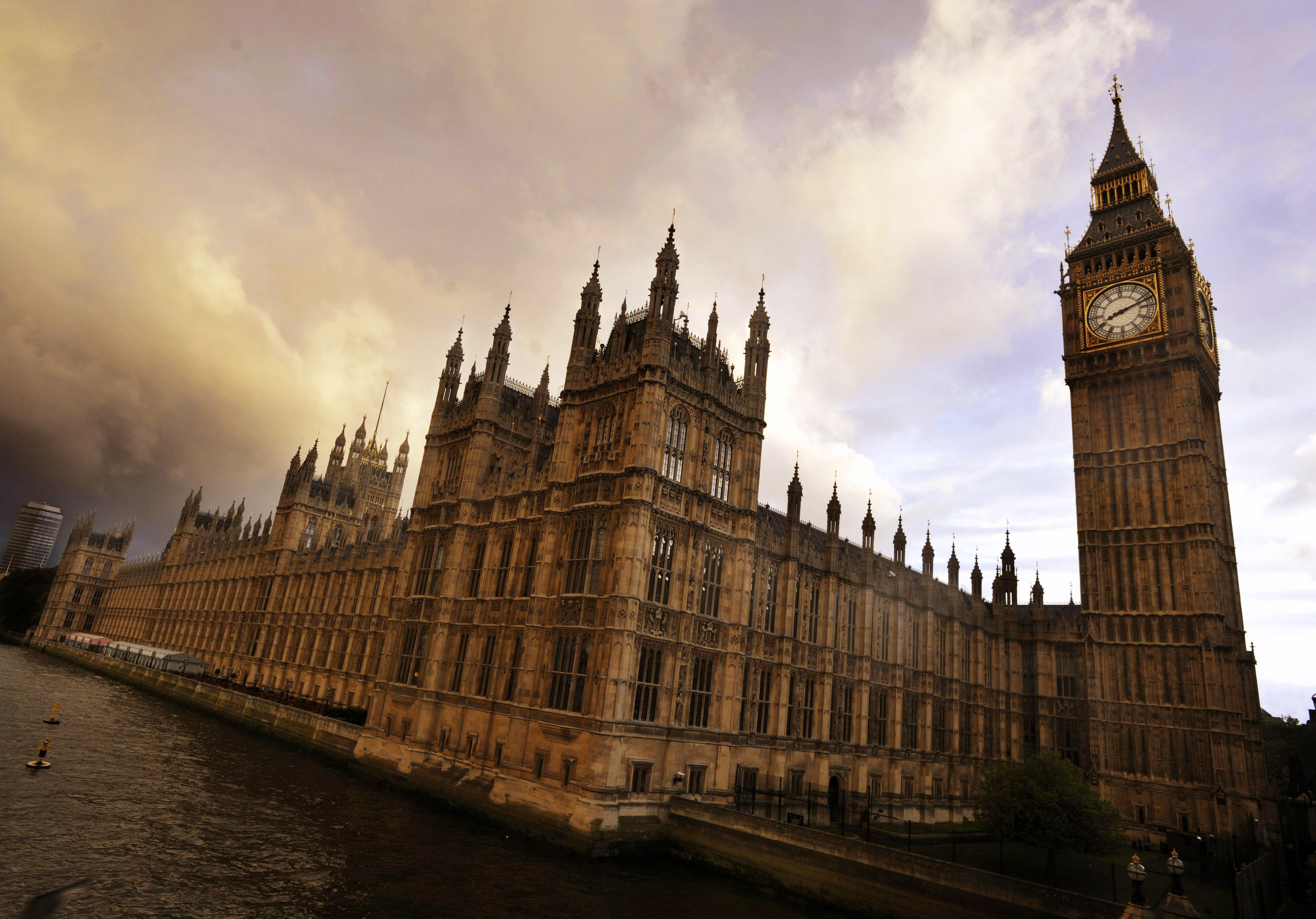Sir, – There is no real money. We are managing debt, not the profit from enterprise.
We spend more every year than we earn, and then borrow more money to give aid to countries who do not like us.
The Budget can only be a re-arrangement of our £2 trillion national debt, plus £1.8 trillion of consumer debt.
The chancellor will tell the banks to keep cash for the growing number of people who can’t have a bank account.
But the banks will ignore him, as they want to be rid of cash, and their retail customers, and most of all rid of their nuisance branch networks, as we have clearly seen.
So the chancellor’s Budget can only be what is needed to please our creditors.
Any notion he may have of being in charge of the UK economy is nonsense.
The private banking system is in charge and has been for some time.
Beggars can’t be choosers.
Malcolm Parkin.
Gamekeepers Road,
Kinnesswood.
Wrang dreel on NHS virus staff
Sir, – Roy Moffat (Where will virus staff come from?, Courier, March 9) questions “how the SNP can claim that our NHS will be able to deal with the influx of patients from coronavirus when it is patently unable to cope with the current needs of general patients requiring attention.”
Well it is not the SNP who say that, it is the Scottish Government.
And, if the Scottish NHS will struggle to cope, I fear for those affected in England, where, it is generally agreed, services are much more stretched, and the capacity to cope with extra demand is extremely limited.
Mr Moffat goes on to question where all the extra staff are going to come from.
Well I would suggest the Scottish NHS would be in a much better position to deal with this difficult situation if the Conservative Government at Westminster had not brought about Brexit, against the clear will of the Scottish people and, encouraged by their words and deeds, many NHS staff not native to the UK, to leave, and others not to come.
So I’m afraid Mr Moffat is up the wrang dreel on this one.
Les Mackay.
5 Carmichael Gardens,
Dundee.
Scottish NHS in better health
Sir, – The blurring of what are and what aren’t devolved or reserved issues is highlighted clearly in Roy Moffat’s letter (Where will virus staff come from? Courier, March 9).
His belief that, “patients are reportedly lying on trolleys and wheelchairs in corridors awaiting care and attention” is the reality of Tory-run NHS England, not SNP-run NHS Scotland.
The British Red Cross has described the situation in England as a “humanitarian crisis”.
I would implore Mr Moffat to check out the relevant data regarding the performances of the various national health services in these islands, which have been devolved since their inception in 1948.
It is understandable that many Scots are confused, failed as we are by a media unable or unwilling to clarify.
The BBC in particular fail abysmally in all these aspects in Scotland.
All the while spending just 69% of our own licence fees here.
A truer and more honest reflection of the state broadcaster’s application of its charter would involve the addition of the sentence, “Except for viewers in Scotland”.
Ken Clark.
c/o 15 Thorter Way,
Dundee.
Social media as great a threat
Sir, – The nascent effects of coronovirus may not turn out to be as deleterious to society as the insidious juggernaut of social media.
The speed at which the thin veneer of society is being eroded will be determined by mankind’s ability to deal with the slings and arrows of what appears as outrageous fortune.
However, a flagging sense of “joie de vivre” has been revived by watching the Service of Celebration for Commonwealth Day at Westminster Cathedral.
The colourful service was uplifting and certainly pertinent to the restoration of global goodwill.
Kenneth Miln.
6 Swallow Apts,
Union St, Monifieth.
Gold-plated worker benefits
Sir, – Taxpayers finance the public sector yet public sector workers are more than eight times more likely to enjoy gold-plated retirement benefits than the private sector.
These findings are not from some disgruntled worker in the private sector but from the Office for National Statistics (ONS).
Final salary schemes in the private sector are rarer than hen’s teeth.
The ONS revealed that final salary schemes in the private sector fell from 5.3 million in 1997 to 1.5m in 2019.
Over the same period those enjoying a final salary scheme in the public sector rose from 4.5m to 5.2m.
Public sector final salary pension schemes should be frozen for new employees and a less costly defined benefit scheme introduced.
A prospective employee will know this so it is their choice.
Clark Cross.
138 Springfield Road,
Linlithgow.
Inefficient government
Sir, – Government departments and agencies act as if the laws they expect the rest of us to obey don’t apply to them.
An all too frequent example is data protection rules and the GDPR regulations.
On 17th February, the DVLA sent me a letter acknowledging that I was no longer the registered keeper of a car, then on 5th March I received from them a vehicle tax reminder for the same vehicle.
Apart from the fact this breaches data protection rules, it is an inefficient and unnecessary cost to send out reminders for tax, which can’t be due.
Of course, the HMRC goes one better in imposing a £200 penalty on me in January, with a reminder in February, for non-payment of tax, which they had known since my filing in mid-November wasn’t owed to them.
Debit card transactions lead to funds being marked as non-available within seconds, and your bank account is fully updated within a couple of days.
By contrast, why does it take weeks and sometimes months for government bodies to update their own databases?
Otto Inglis.
6 Inveralmond Grove,
Edinburgh










